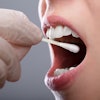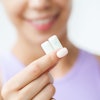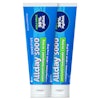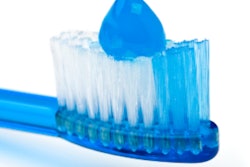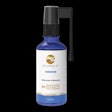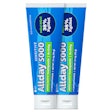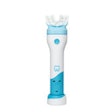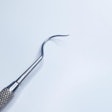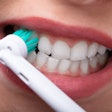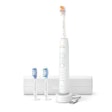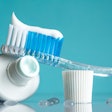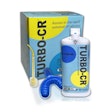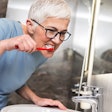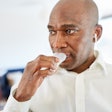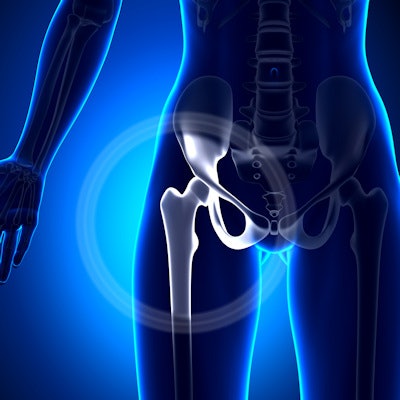
Women exposed to triclosan may be more likely to develop osteoporosis, according to new research published on June 25. The antibacterial chemical has been previously linked to hormone disruption, colon cancer, and antimicrobial resistance.
The U.S. Food and Drug Administration banned the use of triclosan in over-the-counter antiseptic washes in 2016. However, triclosan has oral health benefits, so it is still approved for use in toothpastes and other oral care products.
Previous research has demonstrated that triclosan can result in bone irregularities, so researchers from China investigated whether there was also a link between triclosan exposure and osteoporosis. They reported their findings in the Journal of Clinical Endocrinology & Metabolism, published by the Endocrine Society.
"As far as we know, this is the first epidemiological study to investigate the association between triclosan exposure with bone mineral density and osteoporosis in a nationally representative sample from U.S. adult women," stated study co-author Yingjun Li, PhD, from Hangzhou Medical College School of Public Health in Hangzhou, in an Endocrine Society press release.
Li and colleagues analyzed data from almost 1,900 women. Those with higher levels of triclosan in their urine had lower bone mineral density scores in their thighs, hip, and lower backs than women with lower triclosan scores, the researchers found. Women with high triclosan scores were also more likely to have osteoporosis in the intertrochanteric hip region.
"We found urinary [triclosan] concentration was negatively associated with [bone mineral density] and was positively associated with the prevalence of osteoporosis," the authors concluded. "The evidence was stronger in postmenopausal women than in premenopausal women. Future prospective studies are needed to validate the findings."
